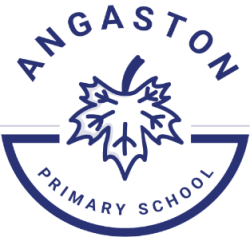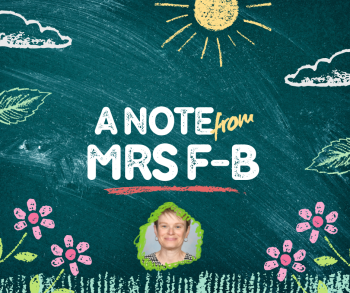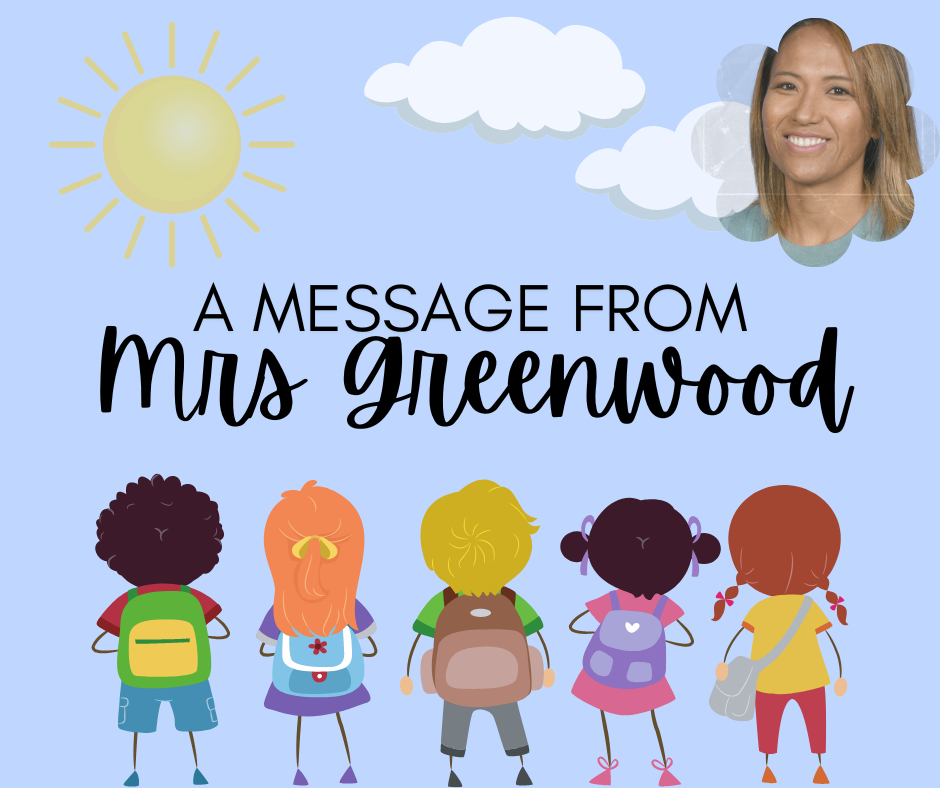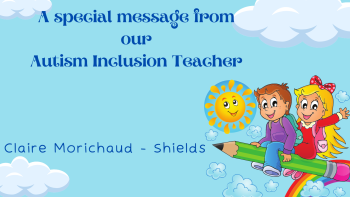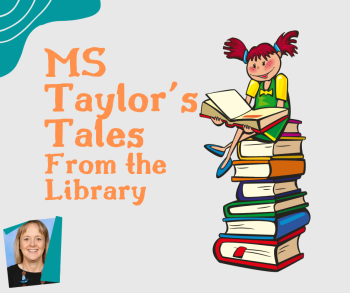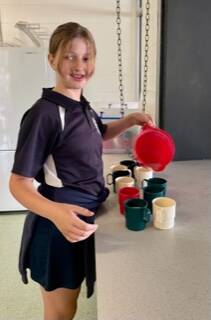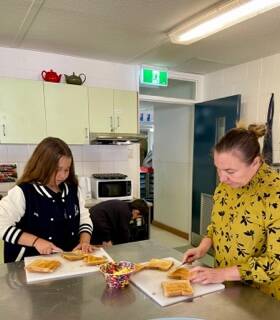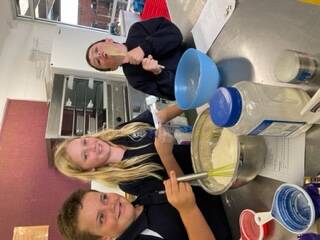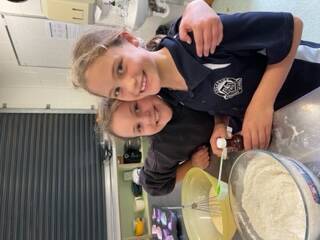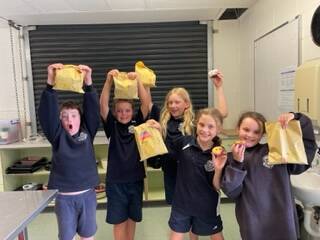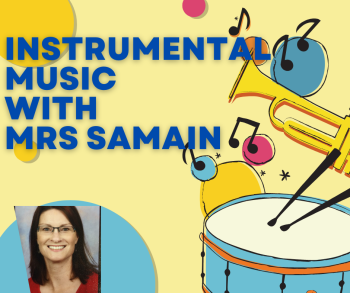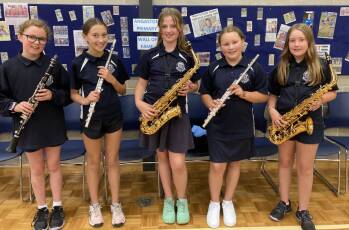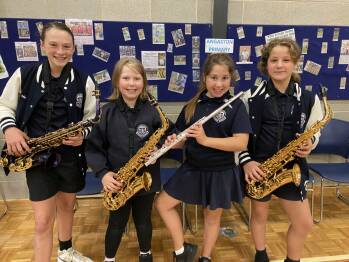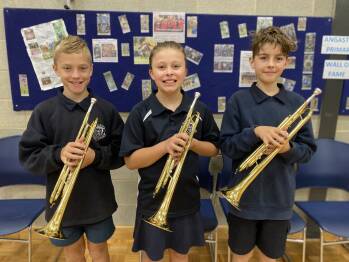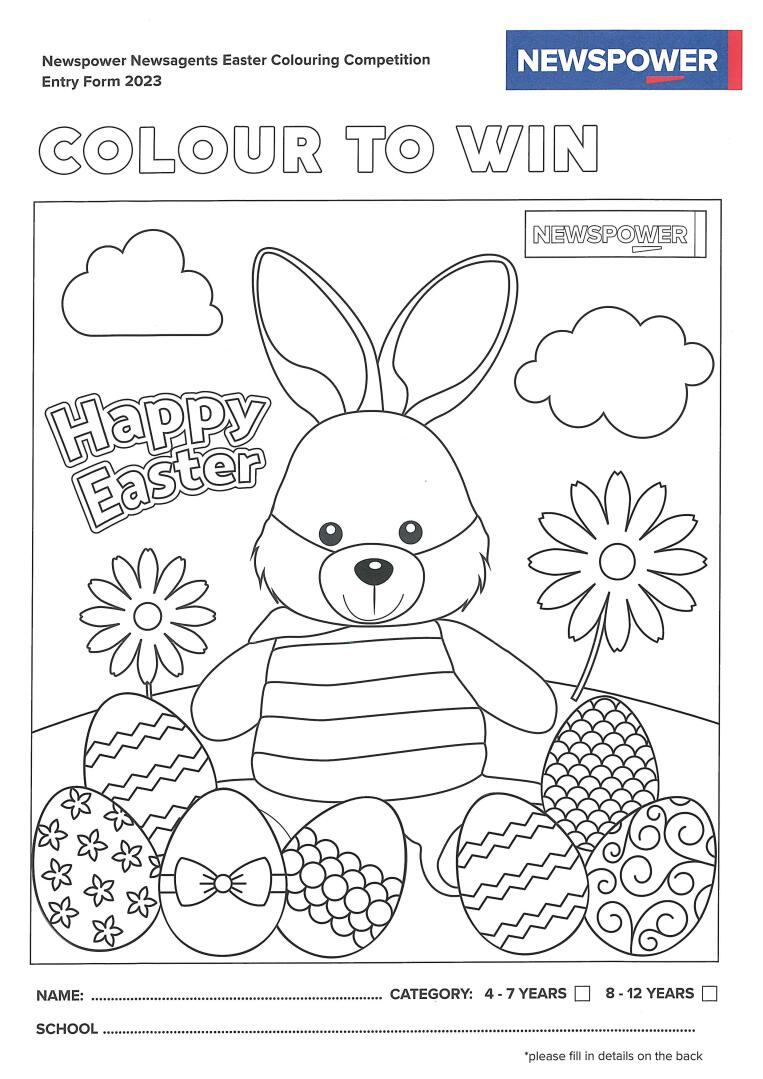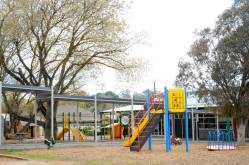COVID-9 Reminder
Given we had a number of COVID-19 cases last week I just want to remind families of the protocols for schools.
Schools must continue to report COVID-19 cases so please let us know if your child tests positive. Students and staff need to follow the department’s testing and isolation arrangements. Students and staff are expected to NOT attend school for 5 days if COVID-19 positive. As always symptomatic staff, students and visitors should not be attending.
Autism Inclusion Teacher
An Autism Inclusion Teachers has been appointed to every public primary school this year. This new, nation-leading initiative aims to build educator understanding and knowledge supporting autistic children and young people.
Autism Inclusion Teachers will:
· build their own teaching expertise
· influence the practice of others.
They will do this by:
· building their own practice in teaching autistic children through formal and informal professional learning
· participating in an ongoing collaborative Autism Network
· sharing and demonstrating contemporary evidence-based practices on how to best support and educate autistic students
· improving school support for autistic children and young people that works for their school.
Our Autism Inclusion Teacher (AIT) is Claire Morichaud-Shields. Claire will work at Angaston every Thursday. Currently Claire is our Deputy Principal so she will be with us fulltime until Friday 24th March. This is a great opportunity for Claire to connect with students, staff and families, and to understand the needs of our staff and students before returning to her AIT role.
NAPLAN 2023
NAPLAN begins next Wednesday 15th March for Year 3 & 5 students. We expect all students to sit NAPLAN so attendance next week is very important. Year 3 & 5 students will sit the Writing test on Wednesday 15th March, with Reading on Thursday 16th March. The following week students will sit the Conventions of Language on Tuesday 21st March and Numeracy on Wednesday 22nd March. Between the 16th and 24th March we will ‘catch up’ any students who are away on test days.
In special circumstances, a parent/carer may choose to withdraw a child from NAPLAN. Principals may approve a student exemption for a student who has a non-english speaking background or significant intellectual disability etc. Please contact me, or your child’s class teacher before testing begins next week if you would like to withdraw your child, or believe they should be exempt.
NAPLAN reporting to parents/carers
From this year, parents and carers will get earlier, simpler and clearer information about their child’s NAPLAN achievement based on new, more rigorous national standards. Education ministers have agreed to change the way NAPLAN results are reported to parents and carers, now that all students are taking the tests online, and with the move to an earlier NAPLAN in March. New proficiency standards with 4 levels of achievement for each year level will replace the previous 10-band structure that covered all 4 levels tested and the old national minimum standard set in 2008 when tests were on paper. The new proficiency standards include a baseline benchmark to identify students who are likely to need additional support. The new achievement levels are set using the professional judgement of panels of expert teachers.
For national reporting, 2023 will mark the start of a new time series, now that all students are online and the tests are being held in March instead of May. The earlier timing of NAPLAN in March rather than May means students will have 2 months less learning time before NAPLAN testing than in previous years. This, in addition to the full transition of all schools nationally to the online assessment that delivers more precise information, makes this the right time to reset the NAPLAN measurement scale so that results no longer have to be equated to those from the paper era.
NAPLAN INDIVIDUAL STUDENT REPORT
The numerical NAPLAN bands and the national minimum standard will be replaced by the following 4 levels of achievement:
• Exceeding
• Strong
• Developing
• Needs additional support.
The descriptors for each category will make it clear to parents what their child’s literacy and numeracy skills are at the time of NAPLAN testing, and support discussions with their school on their child’s progress. Student reports will continue to show the national average and the range of achievement for the middle 60 per cent of students in their year level, allowing comparison of a child’s achievement against these measures. Detailed information on the knowledge and skills being measured in each NAPLAN assessment will be made available on the NAP website.
Student home internet program
The student home internet program can provide internet access to students who do not have reliable home internet, so they can continue to learn and study at home.
Find out more about the program and how parents and carers can apply by visiting https://www.education.sa.gov.au/student-home-internet-program.
Parent Teacher Interview Week
Parent/Teacher Interviews will be held Week 9 from Tuesday 28th March to Friday 31st March. A letter was sent home with all students this week with details regarding online bookings. If times do not suit you, please negotiate an alternative time with your child’s class teacher. Interviews are an important avenue for sharing your child’s progress in relation to academic and behaviour standards, as well as letting you know what they need to focus on for term 2. They are also an opportunity for you to discuss any concerns or issues that may be affecting student progress.
Parent Survey
As mentioned in the last newsletter we had 56 responses to the parent survey in term 4 last year. Staff have spent considerable time now looking at the results and reading the anonymous written feedback. Improved Communication was the clear message for each area of the survey (school Climate, Learning at School, Learning at Home, and Future Pathways). For each area of the survey staff looked at the key concerns of parents and changes we can make to improve communication.
Some of the changes you can expect to see include:
· All classes from term 2 using Seesaw to send home evidence of student learning. This may be in the form of a photograph of an individual piece of work, group activity, recording etc.
· All families knowing the best form of communication to use when making contact with classroom teachers. (Information shared at the beginning of the school year and at Acquaintance Afternoon).
· Improved written reports so that parents are clear about student progress and next steps.
· Optional Term 3 Parent Teacher Interviews for some students and their parents/carers.
As the year progresses we will continue to share information/seek feedback about the changes we are making.
Below is a copy of the Reporting Policy from the Department for Education for your interest. We are meeting the requirements of two written reports and one Parent Teacher interview. Parents/carers do not have to wait for written reports/interviews if you have concerns about your child’s progress. Teachers can be contacted at any stage during the year.
School Reporting requirements
School reports are an important tool for communicating student achievement and progress to students and their parents or carers. Reporting practices must follow the requirements of the Australian Education Regulation 2013, subdivision G-reports. The curriculum, pedagogy, assessment and reporting: early childhood services to year 12 policy documents the requirements for teaching, assessment and reporting practices.
Schools are required to:
· provide parents or carers with at least 2 written reports per year for each student
· give an accurate and objective assessment of a student’s achievement and progress
· use plain language in the written report
· report against the Australian Curriculum achievement standards for all 8 learning areas and subjects using A to E grades or word equivalents; the ‘C’ grade is the reference point indicating a satisfactory level of achievement
· provide descriptive reporting about student engagement and achievement in a way that is most appropriate to the context
Contemporary academic reporting may be provided in various forms including face to face or online discussions. Reporting may be provided in formal and informal ways and at various times including reporting progressively or providing real time information. Schools may provide parent portals for sharing of information (e.g Seesaw). The content of reports may include information about the capabilities as well as the Australian Curriculum learning areas or subjects.
Reporting achievement
Student achievement is measured by the quality and quantity of success on a broad sequence of expected knowledge, skills or understanding. They demonstrate this level of success against the Australian Curriculum achievement standards. Teachers use their on-balance judgement to determine the level of learning achievement. They do this using a range of learning evidence collected to that point in the reporting cycle. Grades (or word equivalents) reflect the extent and quality of each student’s achievement.
The following identifies word equivalents for A to E grades for use in department schools:
1. Your child is demonstrating excellent achievement of what is expected at this year level
2. Your child is demonstrating good achievement of what is expected at this year level
3. Your child is demonstrating satisfactory achievement of what is expected at this year level
4. Your child is demonstrating partial achievement of what is expected at this year level
5. Your child is demonstrating minimal achievement of what is expected at this year level
Descriptive reporting (written comments)
Schools choose the most appropriate mode of descriptive reporting to parents or carers for their context. For example, they may use written descriptive reports, progressive reporting linked to a learner management system or oral reporting for this purpose. Descriptive reporting is used to explain progress and achievement. It describes:
· what students have learnt
· what they need to learn next
· how the teacher, student and parent can support next steps to support growth.
General comments and other data
Reports may also include comments about student attendance, learning dispositions, general behaviour and work habits to get an overview of engagement and performance at school. Schools may use a report to highlight particular capabilities such as communication, collaboration, critical thinking, research skills and so on. Quantitative data gathered by teachers or students can be an effective source of information to report on learning progress.
Week 5 School Assembly
Thank you to Room 6 Hall/Argent and Room 10/Darmody for running the assembly last Friday and sharing their poetry with us. The Year 5/6 students entertained us by reciting a poem called The Fourth Little Pig, and then there was the ‘commotion under the ocean’ with our year 2 students reciting Sea Creatures.
Congratulations to the following students who received an Encouragement Award at the assembly:
Asha Gabel
Kenzie Morris
Charlie Evans
Harper Hore
Skylar Gabel
Holly Trappmann
Liam Busch
Liam Teague
Xavier Williams
Elsie Feist
Edie Work
Ava Kerber
Riley Chapple
Claire Davidson
Aleeya Fraser
William Pfeiffer
Odie Logan
Amayah Linke
Clova Irwin
Levi Odindo
Henry Bain
Jace Venables
Ava Thorn
Walter Feist
German Awards: Oliver Merkel, Ezra Lofts, Jordan Zanker
Glad to see the weather has improved in time for the long weekend. Enjoy the extra day off.
Regards
Lynda
